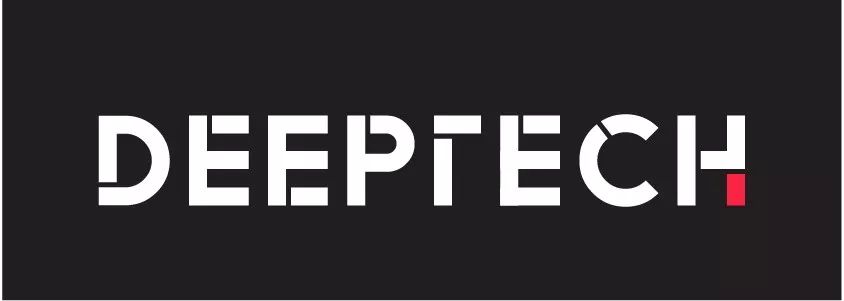From The Perspective Of Artificial Intelligence Ethics, Cultivating Morality And Cultivating People
From The Perspective Of Artificial Intelligence Ethics, Cultivating Morality And Cultivating People
Tips participated in a special training from April 17 to 19, listened to some big shots, and shared their personal understanding based on their notes. If there is any inappropriate or misunderstanding,
Tips
From April 17 to 19, I participated in a special training and listened to some bigwigs' speeches. I shared my personal understanding based on the notes. If there is any inappropriate or misunderstanding, it may not be the original intention of the author, so please understand.


At the moment of rapid development of artificial intelligence, we can always feel the profound changes it brings. However, problems such as data privacy, algorithm bias, and intellectual property need to be solved urgently, and it is urgent to build a full-chain security supervision system. Only in this way can we ensure that artificial intelligence does not deviate from the track of "intelligence for good" while improving human welfare.
Listening to a lecture by Researcher Zeng Yi, he mentioned that the ethics of early artificial intelligence were very irregular. For example, a picture I saw was a screenshot of Zeng Yi’s communication with artificial intelligence.

This screenshot clearly shows the roughness of technology and the blurred ethical boundaries at that time, just like we educate children.
Without clear moral norms and behavioral norms, children can easily get lost. This is true for artificial intelligence, and so is our students. Therefore, in the process of promoting the high-quality and balanced development of compulsory education, the author deeply realized that in the process of education supervision, we must first emphasize the fundamental task of cultivating morality and cultivating people, and ensure that students establish correct values and moral values while mastering knowledge. Secondly, we should emphasize the "five educations at the same time" to ensure the growth and development of students in terms of knowledge. In addition to these two aspects, there is also a normal guarantee, which is to ensure the physical and mental health of students.
Back to the topic, the author believes that the first thing to do to cultivate morality and people is to draw a boundary. This boundary is to clarify the basic moral bottom line and behavioral norms, so that students can have clear guidance during their growth. During the lecture, Researcher Zeng Yi mentioned that he went abroad to attend a conference where an international student wrote a paper using artificial intelligence. After being arrested, he said that the student explained: He wanted his article to be better, but no one taught him morality and value. This student is obviously talking nonsense, but it also shows that without the guidance of values and learning more knowledge is a potential danger. This also shows that there are still loopholes in our value leadership. It may be that the "Moral and Rule of Law" courses are not perfect, or it may be that the class hours occupied are insufficient, which makes it difficult for students to form systematic moral concepts. So Mr. Zeng retorted fiercely.

Both humans and artificial intelligence need the ability to make moral judgments and value choices. This connects me to an answer I've seen recently:

The "safety protocol and knowledge graph collide fiercely" of artificial intelligence, so what about our children? How will they choose when they encounter the impact of reason and emotion? Maybe you will be confused, maybe you will make mistakes, but it is these collisions and choices that shape their unique personalities and values. Perhaps, we should guide them to find a balance between reason and emotion and cultivate a new generation that can make smart choices.
So how do we implement our overall task of cultivating morality and cultivating people? In order to implement the overall task of cultivating morality and cultivating people, what else do we need to do besides the coordination of courses, faculty, and home-school?





![[Speaking By South China University Of Science And Technology] Humans Give Artificial Intelligence Ethics, And Breakthroughs In The Direction Of Biological Evolution Are The Key](https://lcs-sfo.k4v.com/sites/38/article/2025/02/13/63/images/7dd34943ddad152fb2596da1e7a2f9c5.jpeg)